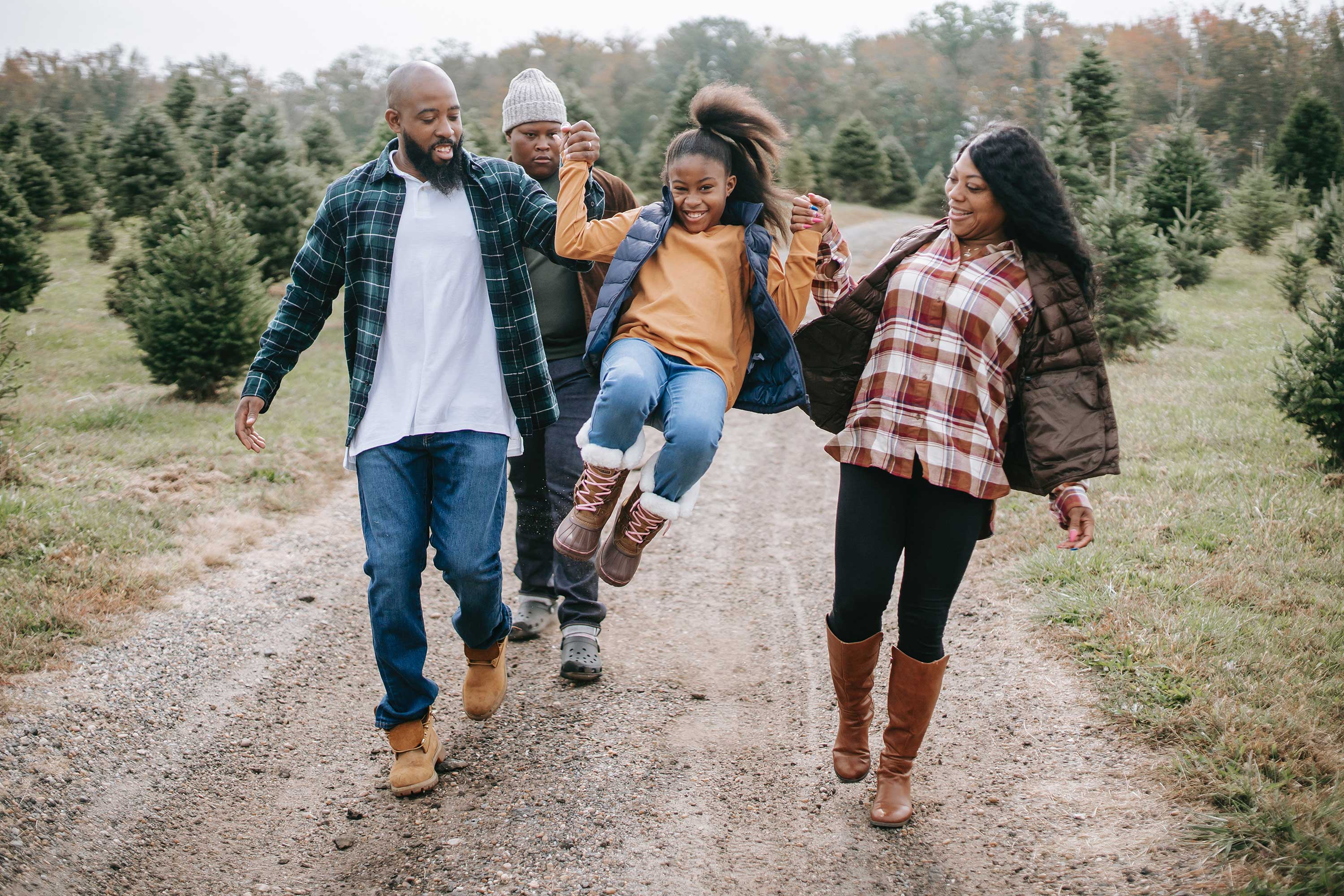
Racism inflicts extreme trauma on Black, Indigenous, and folks of shade (BIPOC) people. Emotionally, this trauma manifests as despair, anger, and disappointment. Mentally, it manifests as anxiousness, confusion, and stress. Bodily, it manifests as fatigue, hypervigilance, and irritation. Spiritually, it manifests as disgrace, low self-worth, and a lack of id. Nonetheless, as a result of societal definitions of trauma typically fail to embody the experiences of individuals of shade, racism is missed as a type of abuse that inflicts deep wounds.
When BIPOC people attempt to course of the racism we expertise, these round us typically make us really feel like we’re imagining our experiences or exaggerating our ache. The reality is, society at giant lacks a deep understanding about numerous types of racism, reminiscent of racial gaslighting, racial othering, racial violence, racial concern, racial microaggressions, or racial apathy. This lack of knowledge makes it all of the harder for us to get the assist we want.
A part of our work as educators, healers, caregivers, organizers, pals, and creatives – as neighborhood members – is to deepen our nuanced understanding of the methods through which racism manifests and harms us in order that we might construct particular person, interpersonal, and institutional methods to assist us higher assist one another’s racial wounds.
This can be a deep type of neighborhood care. There may be energy in having the ability to establish completely different types of racism, perceive how these types of racism impression our well-being, and have instruments to dismantle them. It ensures that as a substitute of BIPOC people feeling unseen, unheard, and upheld when searching for assist for racial trauma – we really feel protected.
As Thich Nhat Hanh stated, “Communities of resistance ought to be locations the place individuals can return to themselves extra simply, the place the situations are such that they will heal themselves and recuperate their wholeness.” We should be in neighborhood with individuals who may help us restore. We should be in neighborhood with individuals who may help us resist. We should be in neighborhood with individuals who may help us rebuild.
Pre-order the e book “Racial Wellness,” to be taught extra about the right way to heal from racial trauma.
Jacquelyn Ogorchukwu Iyamah is the founding father of Making the Physique a Residence and writer of Racial Wellness.